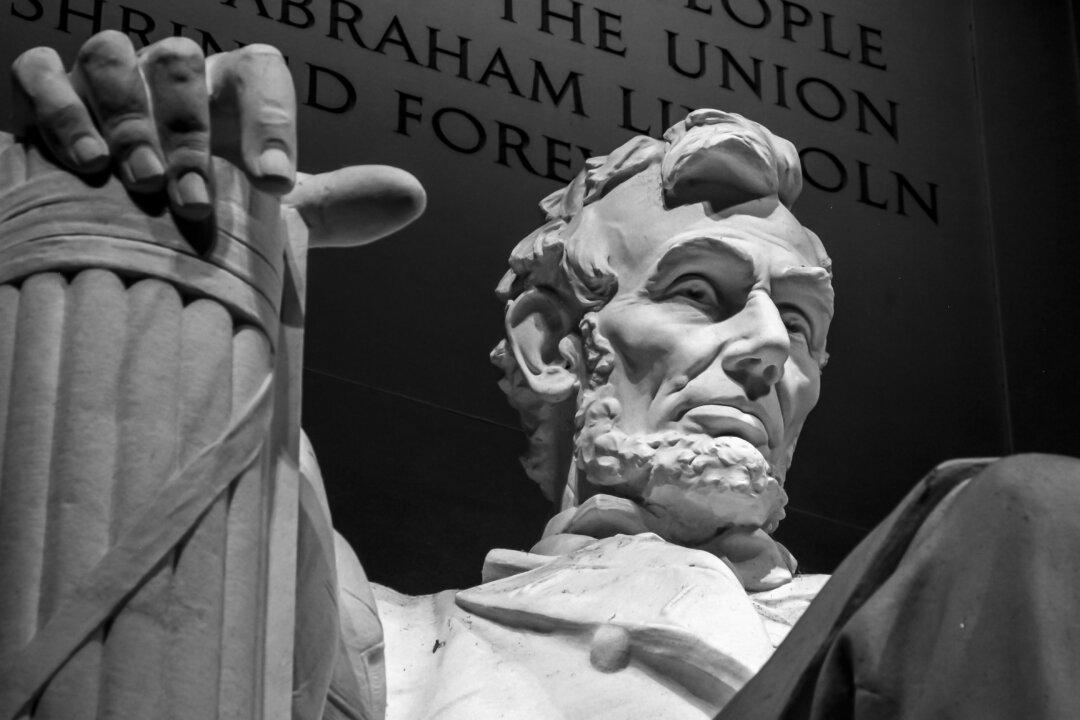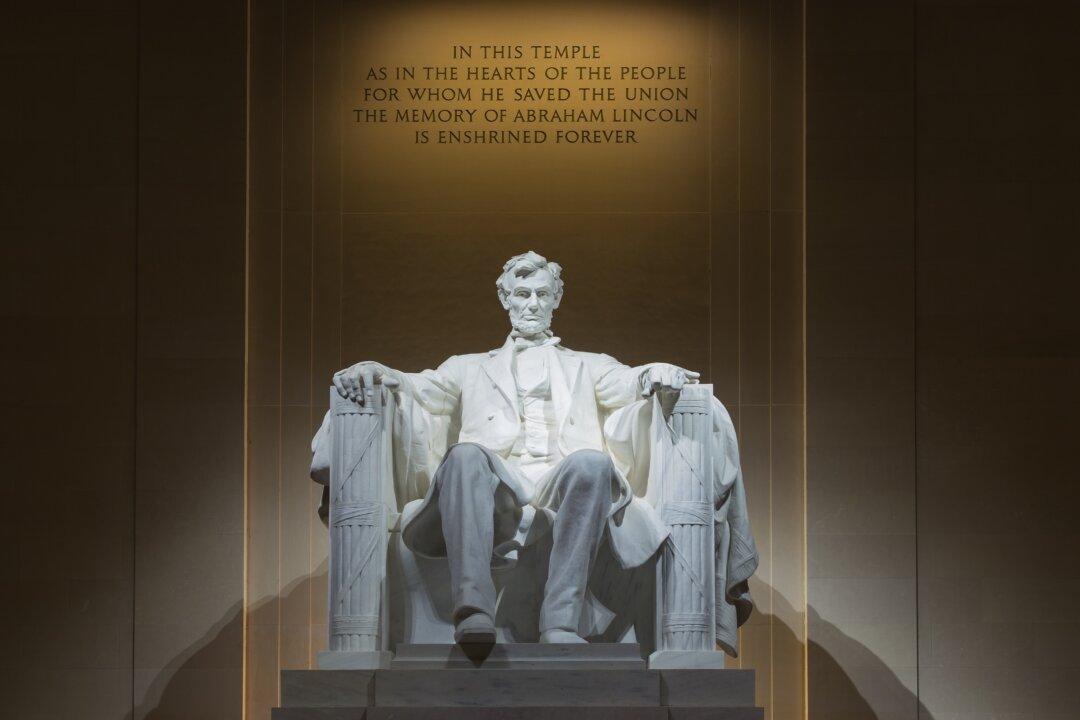Where There is a Will, There is a Way
And by the successful, and the unsuccessful, let it be remembered, that while occasions like the present, bring their sober and durable benefits, the exultations and mortifications of them are but temporary; that the victor shall soon be the vanquished, if he relax in his exertion; and that the vanquished this year, may be victor the next, in spite of all competition.
—Address at the Wisconsin State Fair; September 30, 1859
Many free countries have lost their liberty, and ours may lose hers; but if she shall, be it my proudest plume, not that I was the last to desert, but that I never deserted her. I know that the great volcano at Washington, aroused and directed by the evil spirit that reigns there, is belching forth the lava of political corruption in a current broad and deep, which is sweeping with frightful velocity over the whole length and breadth of the land, bidding fair to leave unscathed no green spot or living thing; while on its bosom are riding, like demons on the waves of hell, the imps of that evil spirit, and fiendishly taunting all those who dare resist its destroying course with the hopelessness of their effort; and, knowing this, I cannot deny that all may be swept away. Broken by it I, too, may be; bow to it I never will. The probability that we may fall in the struggle ought not to deter us from the support of a cause we believe to be just; it shall not deter me. If ever I feel the soul within me elevate and expand to those dimensions not wholly unworthy of its almighty Architect, it is when I contemplate the cause of my country deserted by all the world beside, and I standing up boldly and alone, and hurling defiance at her victorious oppressors. Here, without contemplating consequences, before high heaven and in the face of the world, I swear eternal fidelity to the just cause, as I deem it, of the land of my life, my liberty, and my love. And who that thinks with me will not fearlessly adopt the oath that I take? Let none falter who thinks he is right, and we may succeed.
—Speech given at the House of Representatives at Springfield, Illinois; December 20, 1839
The fight must go on. The cause of civil liberty must not be surrendered at the end of one, or even one hundred defeats.
—Letter to Henry Asbury; November 19, 1858
Two years ago the Republicans of the nation mustered over thirteen hundred thousand strong. We did this under the single impulse of resistance to a common danger, with every external circumstance against us. Of strange, discordant, and even, hostile elements, we gathered from the four winds, and formed and fought the battle through, under the constant hot fire of a disciplined, proud, and pampered enemy. Did we brave all then, to falter now?—now—when that same enemy is wavering, dissevered and belligerent? The result is not doubtful. We shall not fail—if we stand firm, we shall not fail.
—Speech at the Republican Convention; June 16, 1858
I have seen your dispatch expressing your unwillingness to break your hold where you are. Neither am I willing. Hold on with a bull-dog grip, and chew & choke, as much as possible.
—Letter to Gen. Grant; August 17, 1864
I expect to maintain this contest until successful, or till I die, or am conquered, or my term expires, or Congress or the country forsakes me.
—Letter to William H. Seward; June 28, 1862
Focus and You Shall Not Falter
“Must” is the word.
—Letter to George C. Latham; July 22, 1860
And having thus chosen our course, without guile, and with pure purpose, let us renew our trust in God, and go forward without fear, and with manly hearts.
—Message to Congress; July 4, 1861
We can succeed only by concert. It is not “Can any of us imagine better?” but “Can we all do better?”
—Message to Congress; December 1, 1862
We have to fight this battle upon principle, and upon principle alone. I am, in a certain sense, made the standard–bearer in behalf of the Republicans. I was made so merely because there had to be some one so placed—I being in no wise, preferable to any other one of the twenty-five—perhaps a hundred we have in the Republican ranks. Then I say I wish it to be distinctly understood and borne in mind, that we have to fight this battle without many—perhaps without any—of the external aids which are brought to bear against us. So I hope those with whom I am surrounded have principle enough to nerve themselves for the task and leave nothing undone, that can be fairly done, to bring about the right result.
—Reply to Stephen Douglas; July 17, 1858
Gen. Sheridan says “If the thing is pressed I think that Lee will surrender.” Let the thing be pressed.
—Letter to Gen. Grant; April 7, 1865
(To be continued...)




